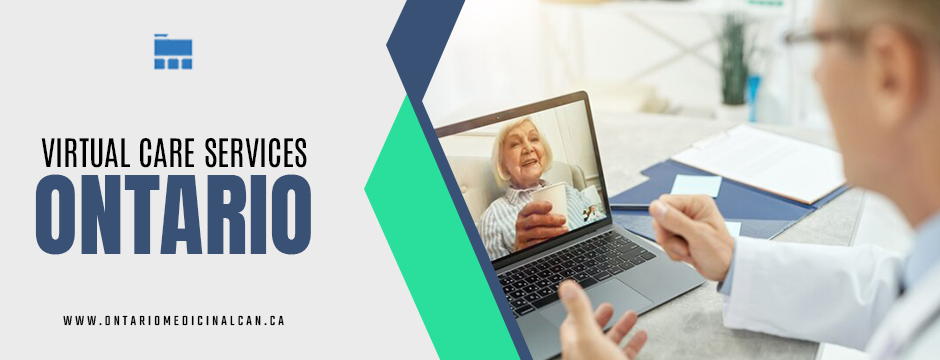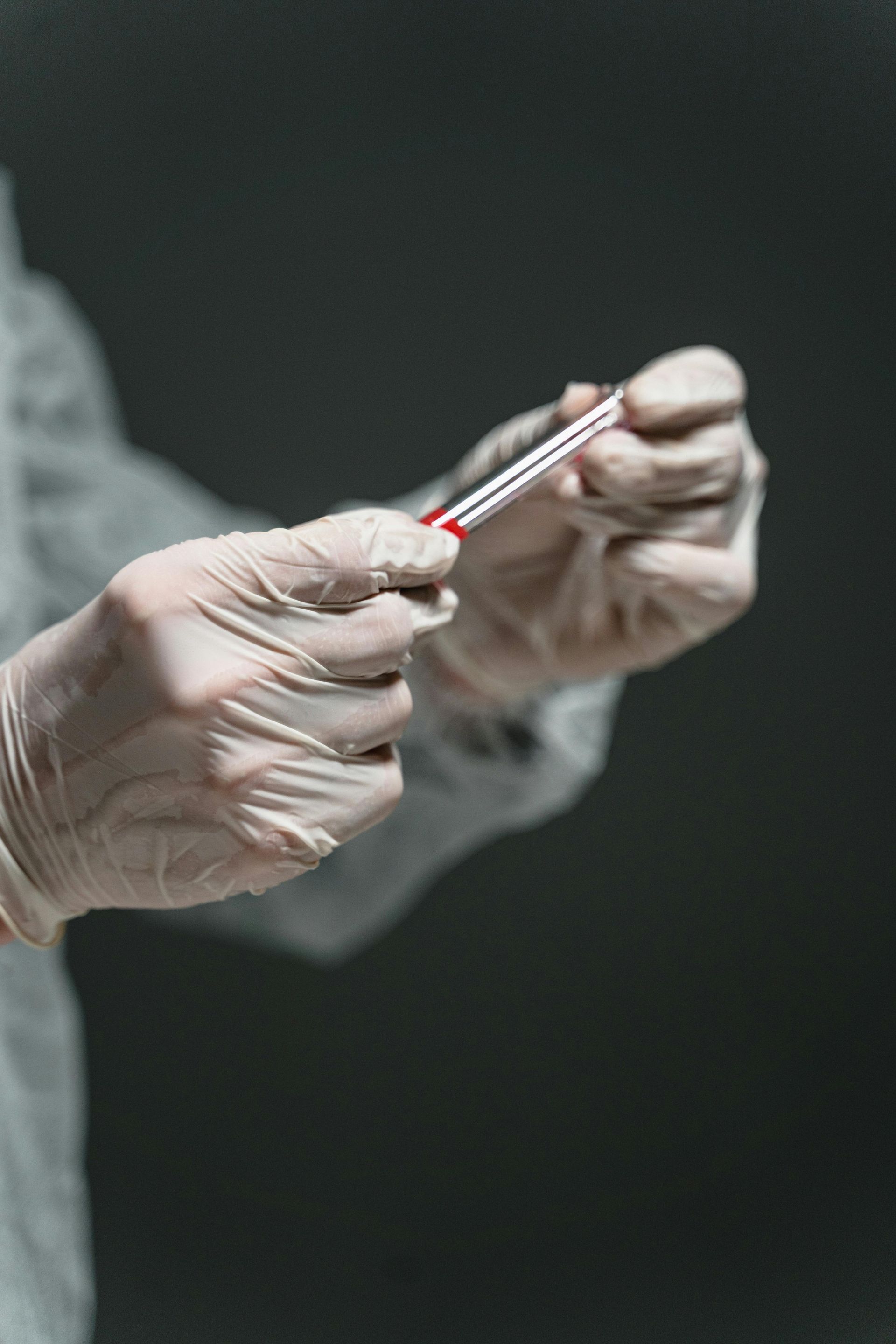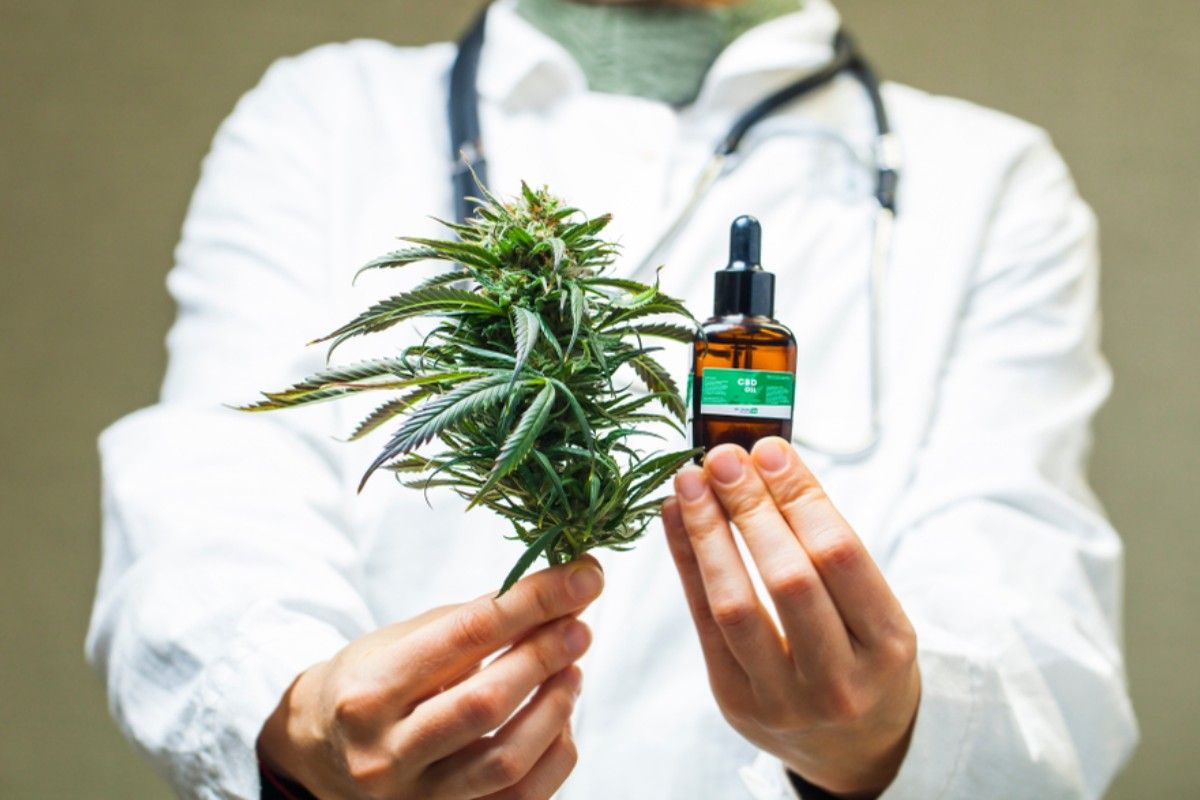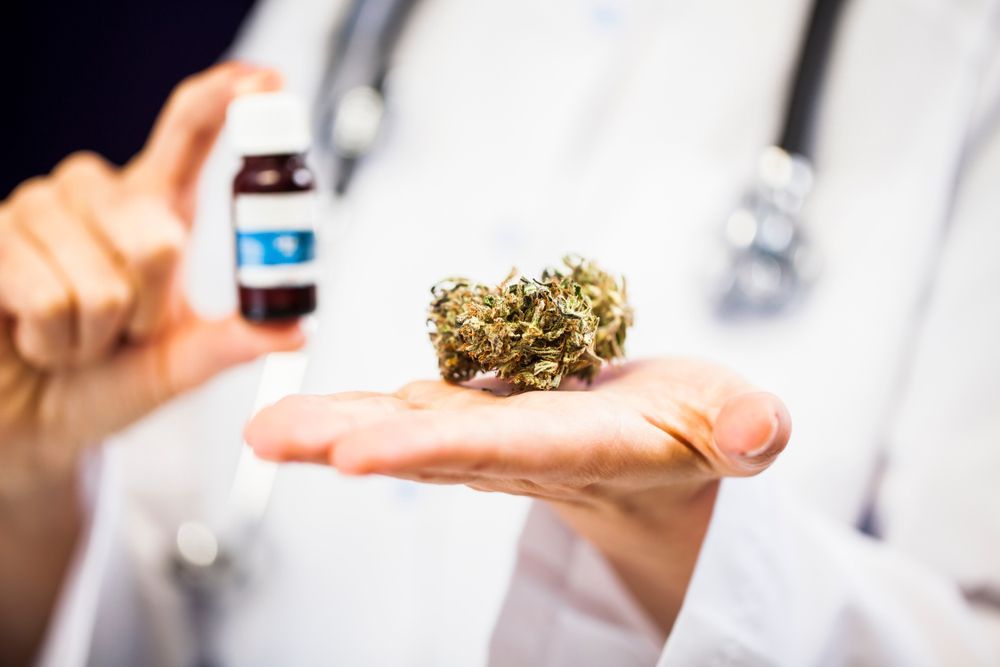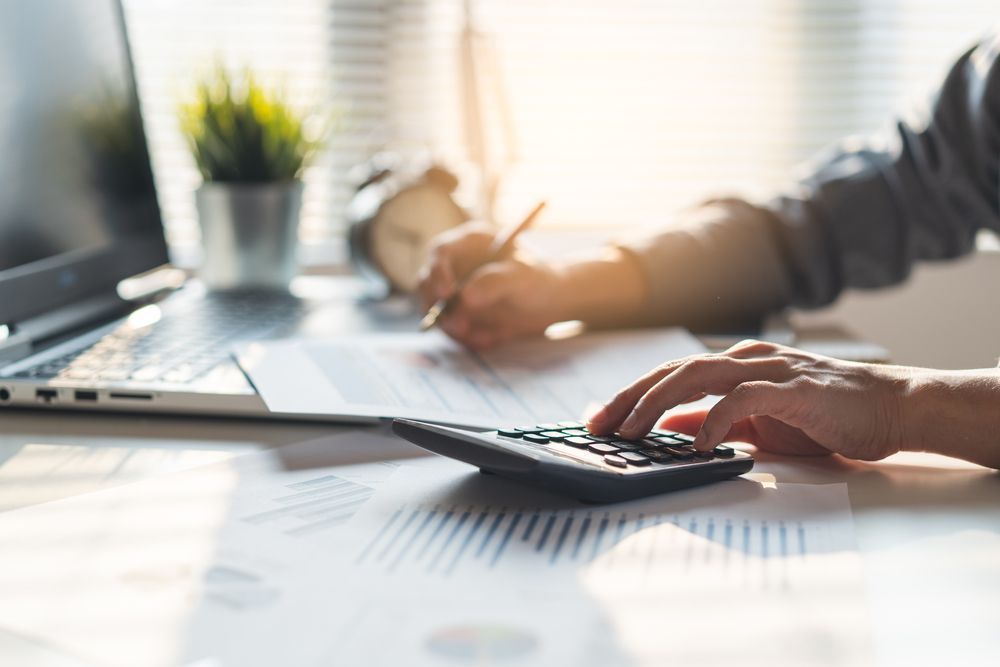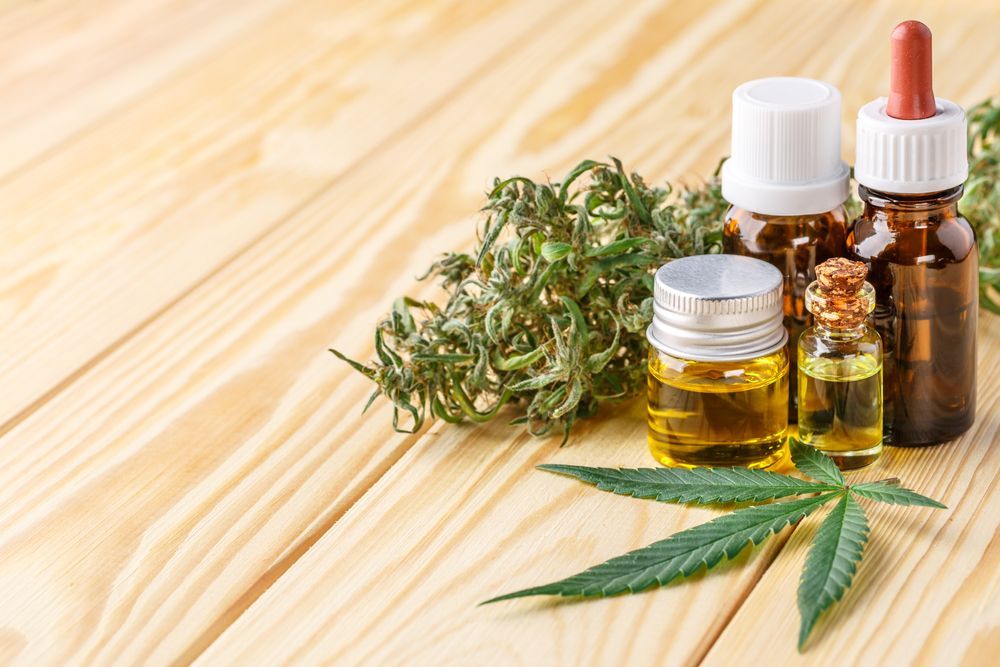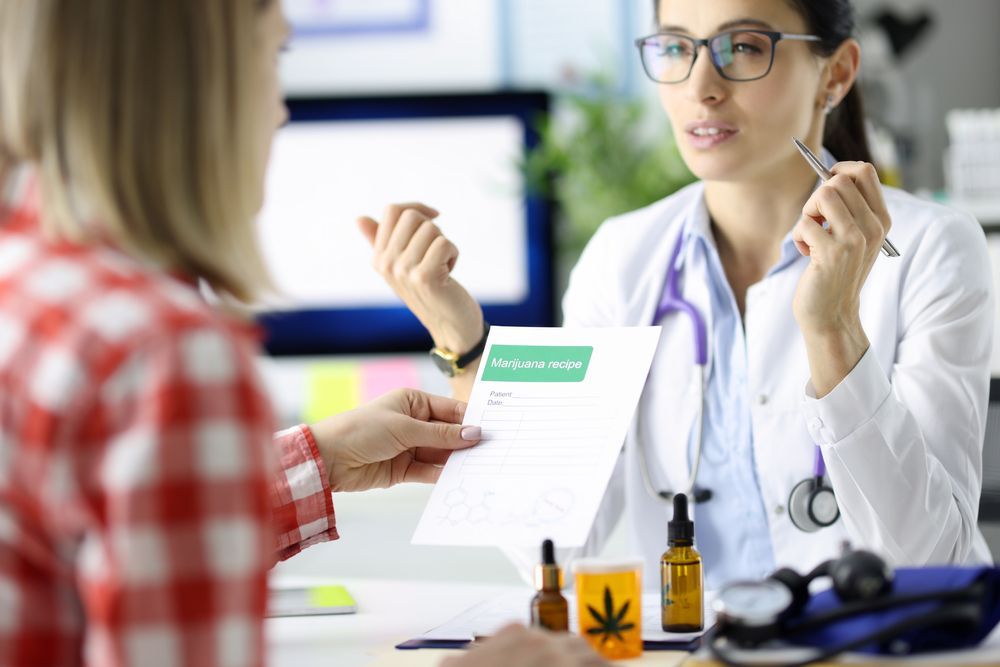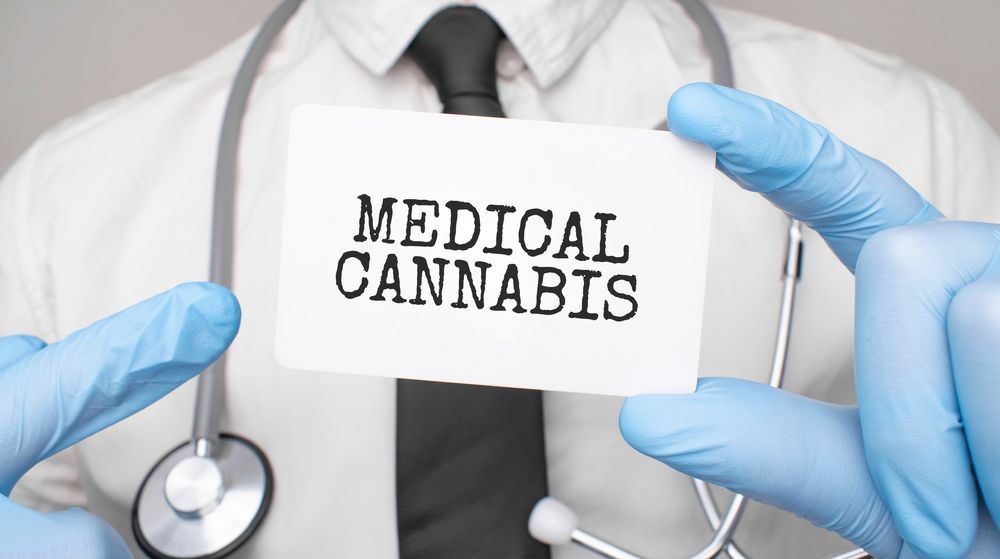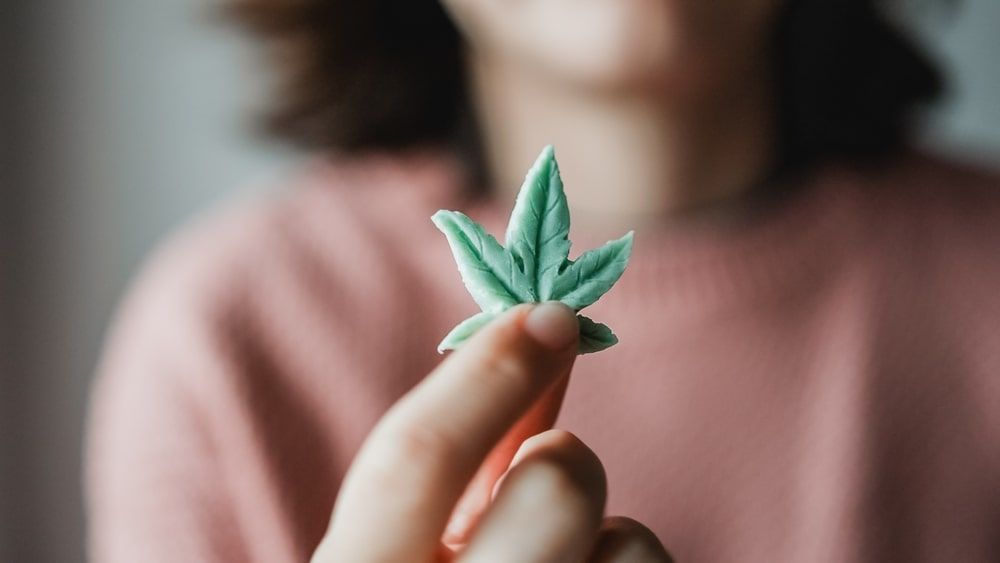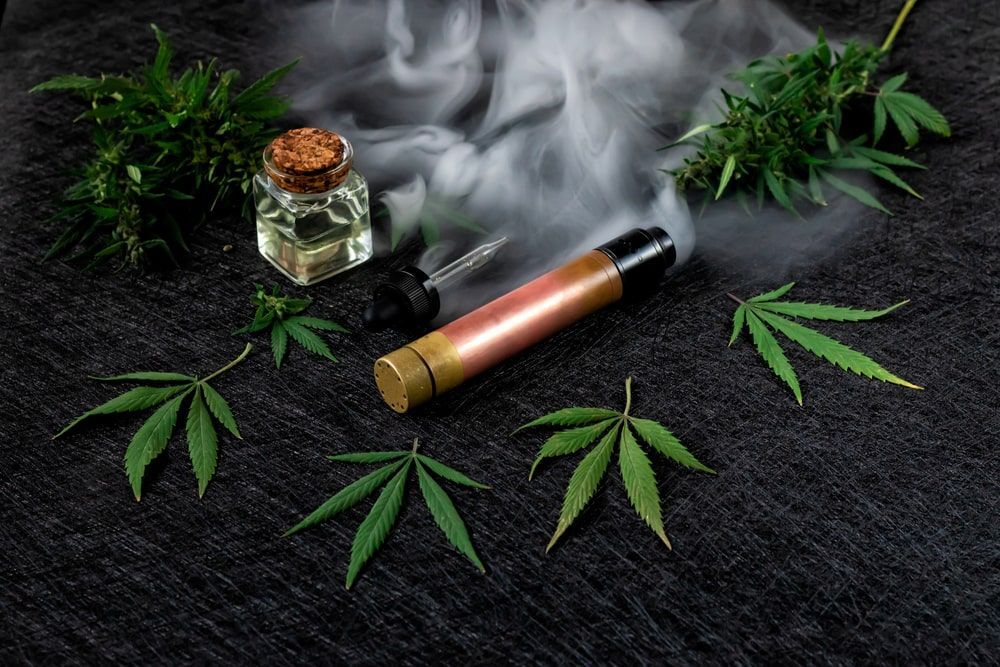A Detail Guide to CBD Prescriptions in British Columbia
CBD, or cannabidiol, is a natural compound found in the cannabis plant. Unlike THC, which makes you feel high, CBD doesn't have psychoactive effects. It's used for its potential health benefits, making it popular in the medical community.
CBD has been used for thousands of years. Ancient civilizations used it for pain relief and other ailments. In recent years, modern medicine has rediscovered CBD, leading to more research and legal acceptance.
Benefits of CBD
Health Benefits
CBD offers many health benefits. It can help relieve pain, reduce anxiety, improve sleep, and reduce inflammation. People with chronic pain, arthritis, and anxiety disorders often find relief with CBD. It's also known to protect your brain cells, making it beneficial for conditions like epilepsy and multiple sclerosis.
Common Uses of CBD
You can use CBD for various health issues. It helps manage chronic pain, reduce anxiety and stress, improve sleep quality, and treat skin conditions like acne and eczema. People also use it for general wellness, as it promotes a sense of calm and balance.
Legal Status of CBD in British Columbia
Overview of Cannabis Laws
In British Columbia, cannabis, including CBD, is legal. The laws were changed in 2018, making both medical and recreational cannabis legal. This means you can buy and use CBD, but there are some rules to follow.
CBD-Specific Regulations
To buy CBD in BC, you must be at least 19 years old. There are limits on how much you can possess and buy at one time. You can purchase CBD from licensed retailers, both in physical stores and online. It's important to buy from trusted sources to ensure product quality and legality.
Obtaining a CBD Prescription in BC
Who Can Prescribe CBD?
In BC, doctors, nurse practitioners, and other qualified healthcare providers can prescribe CBD. They need to have special training and knowledge about cannabis-based treatments to ensure they provide safe and effective care.
Conditions Eligible for a CBD Prescription
Several health conditions qualify for a
CBD prescription. These include chronic pain, epilepsy, anxiety disorders, sleep disorders, and more. Your healthcare provider will assess your condition and determine if CBD is a suitable treatment for you.
Steps to Get a Prescription
Getting a CBD prescription involves a few steps. First, you need to schedule a consultation with a qualified healthcare provider. During the consultation, you'll discuss your medical history and current health issues. If CBD is deemed appropriate, your provider will write a prescription. You'll then follow up with regular appointments to monitor your progress and adjust the treatment as needed.
How to Use CBD
Different Forms of CBD
CBD comes in various forms. You can choose oils and tinctures, which you take by placing drops under your tongue. Capsules and tablets are easy to take and provide a consistent dose. Topical creams and lotions can be applied directly to your skin for localized relief. Edibles, like gummies and chocolates, are a tasty way to consume CBD.
Dosage and Administration
Finding the right CBD dose is important. Start with a low dose and gradually increase it until you find what works best for you. Your healthcare provider will help you determine the right dose based on your condition and response to the treatment. You can take CBD in different ways, such as orally, sublingually (under the tongue), or topically. Follow your provider's advice for the best results.
Potential Side Effects and Risks
Common Side Effects
CBD is generally safe, but some people might experience side effects. These can include fatigue, changes in appetite, and diarrhea. These side effects are usually mild and go away as your body adjusts to the treatment.
Interactions with Other Medications
CBD can interact with certain medications. It's important to tell your healthcare provider about all the medications you're taking. They can check for potential interactions and adjust your treatment plan to keep you safe.
Long-Term Use Considerations
Using CBD for a long time is generally safe, but it's important to monitor your health. Regular check-ups with your healthcare provider will help manage any side effects and ensure the treatment continues to be effective. Long-term use should be guided by a professional to avoid any potential risks.
How to Choose Quality CBD Products
What to Look for in CBD Products
When choosing CBD products, look for full-spectrum or broad-spectrum options, which contain a range of beneficial compounds from the cannabis plant. Check if the product has been third-party tested, which ensures it meets quality standards. Read the label carefully to understand the ingredients and concentration of CBD.
Trusted Sources for CBD in BC
Buy CBD from licensed dispensaries and reputable online retailers in BC. These sources ensure the products are safe and legal. Avoid buying from unknown sources, as they might sell low-quality or illegal products.
Frequently Asked Questions (FAQs) About CBD
Common Concerns and Misconceptions
Many people wonder if CBD will get them high. The answer is no, CBD doesn't have psychoactive effects like THC. Another concern is whether CBD is addictive. CBD is not addictive, and you can't overdose on it. These misconceptions can be cleared up with proper information and guidance.
Practical Advice for New Users
If you're new to CBD, start with a low dose and see how your body reacts. Be patient, as it might take some time to feel the effects. Consult with a healthcare provider for personalized advice. Keep track of your symptoms and how you feel after taking CBD to find the best dosage and form for you.
How Our Clinic Can Help
Free Consultation Services
We offer free consultations to help you understand if CBD is right for you. During the consultation, our professional doctors and consultants will assess your condition, provide personalized advice, and answer any questions you have. Booking a free consultation is easy and can be done online or by calling our clinic.
Our Approach to CBD Prescriptions
At our clinic, we create personalized treatment plans tailored to your needs. We take the time to understand your health issues and goals. Our ongoing support ensures you get the most benefit from your CBD treatment. Regular follow-ups help us adjust your treatment as needed to achieve the best results.
Encouraging Appointments
We make it easy to book appointments. You can schedule a consultation online or call our office. Our friendly staff will assist you in finding a convenient time. We are committed to providing you with the best care and support throughout your CBD treatment journey.
Conclusion
If you're considering CBD treatment, take advantage of our free consultation services. Our professional doctors and consultants are here to help you every step of the way. Book your appointment today and start your journey towards better health with CBD.
